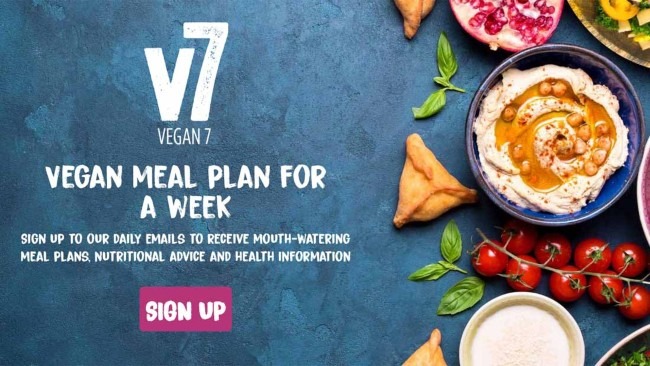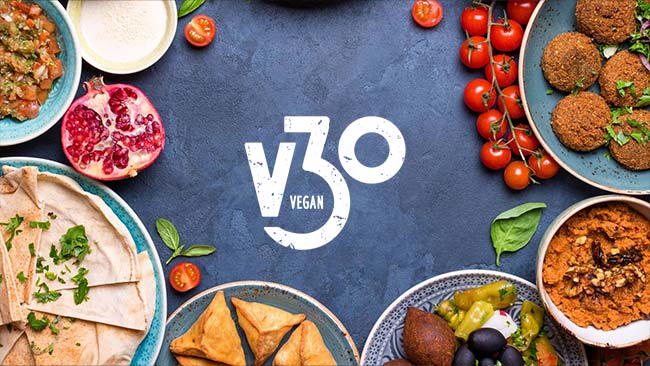Cancer

Egg consumption has been linked to cancer in several ways. In a huge study of over 500,000 people, each half-egg a day increased their risk of dying from cancer by seven per cent (Zhuang et al., 2021). The same study also found that consuming 300 milligrams of cholesterol daily (about one and a half eggs or two small ones), increased the risk of fatal cancer by 24 per cent.
A study of Japanese women that lasted for over 14 years found that women who ate one egg daily had a 32 per cent higher risk of dying from cancer compared to women who ate one or two eggs a week (Nakamura et al., 2018). Women who ate two or more eggs daily then had double the risk compared to women eating an egg a day. In a nutshell, this study found that the more eggs women ate, the higher their risk of fatal cancer.
An Italian study of over 20,000 people found that people who ate more than four eggs a week had a 52 per cent higher risk of dying from cancer than people who ate one egg a week or less (Ruggiero et al., 2021).
When a scientific team analysed studies on egg consumption and the risk of breast, prostate and ovarian cancer, they found that eating five or more eggs a week was linked to an increased risk of these hormone-sensitive cancers – with the risk of fatal prostate cancer being especially high (Keum et al., 2015). The authors suggested egg cholesterol may play a role in this, providing material for the increased production of sex hormones. At the same time, cholesterol and choline from eggs supply building materials for cell membranes and this may also help cancerous cells to grow.
Substituting eggs with plants can have a dramatic effect. One study found that substituting just three per cent of daily energy intake from egg protein with plant-based protein can reduce the risk of dying from cancer by 15-17 per cent (Huang et al., 2020).
In a study of ovarian cancer patients and healthy women, researchers discovered there was a strong relationship between cholesterol from eggs and the risk of ovarian cancer (Pirozzo et al., 2002). Interestingly, the link was only with egg cholesterol and not other sources of cholesterol, which suggests the culprit might be a substance in eggs but not cholesterol itself. Women eating more than two eggs a week had an 82 per cent higher risk of developing ovarian cancer compared to women eating less than one egg a fortnight. The risk increase from eating just one or two eggs a week was 71 per cent!
Another review, analysing a number of studies, found that with increasing consumption of eggs, the risk of ovarian cancer also increased (Zeng et al., 2015). The precise mechanism is not yet clear but the relationship is certainly there.
A large study on prostate cancer and egg and meat consumption revealed that men who ate 2.5 eggs per week had an 81 per cent higher risk of the disease, compared with men who consumed less than half an egg per week (Richman et al., 2011). Eating poultry and processed red meat also increased the risk of death for men who already had prostate cancer.
Another study looked specifically at choline intake and the risk of prostate cancer over a period of 22 years (Richman et al., 2012). Whole eggs are the richest dietary source of choline and it was discovered that choline is highly concentrated in prostate cancer cells and that higher blood concentrations of choline are linked to an increased risk of prostate cancer. The study results showed that men with the highest choline intake had a 70 per cent increased risk of lethal prostate cancer.
And a large study including data from many countries found that men who ate a half an egg or more daily had a 14 per cent higher risk of advanced or fatal prostate cancer compared to men who rarely ate eggs (Wu et al., 2016).
Ditching eggs is not just a healthy choice, it’s also an ethical and sustainable one. If you’re used to meals based around eggs, meat and dairy, the idea of a plant-based diet may be daunting but we’re here to help make it super easy!
Sign up to our daily emails for a week to receive mouth-watering meal plans, nutritional advice and health information.
If you want to try it for a month, sign up to 30 days of delicious vegan recipes, tips and product info… all free!
All about eggs
Find all the above and more in Viva!’s resources on eggs and egg farming:
An eye-opening guide about the health impacts of egg consumption, egg-laying hens and Viva! investigations – Cracked.
A factsheet summarising all you need to know about eggs and your health.
A handy chart showing you how to replace eggs in cooking and baking.






